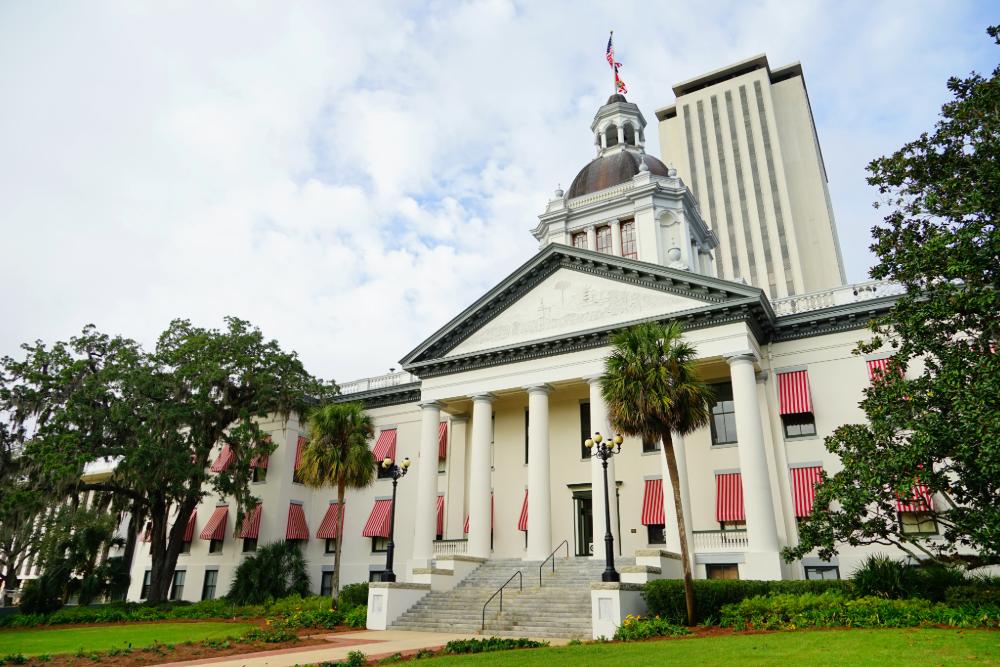Florida House Bill 1133: What You Need to Know
Florida House Bill 1133: What You Need to Know
A Bill That Got Everyone Talking
In 2025, a proposal called House Bill 1133 sparked considerable discussion across Florida. It wasn’t about taxes, schools, or roads — it was about how we manage our wildlife and protect private property rights.
The bill aimed to make significant changes to the Florida Fish and Wildlife Conservation Commission (FWC), the agency that oversees fishing, hunting, and conservation. It also aimed to set new rules for when FWC officers can come onto private land.
Lawmakers in Tallahassee gave it overwhelming support, but when it reached the Governor’s desk, it was stopped with a veto.
What Exactly Was HB 1133?
HB 1133 had two main goals:
- Fairer representation on the FWC board – Making sure each region of Florida has a seat at the table.
- Stronger property rights protections – Requiring FWC officers to follow the same legal standards as other police before entering private property.
Supporters said it was about fairness, accountability, and protecting the rights of landowners, especially those in rural areas where most hunting and wildlife enforcement happens.
How the FWC Works Now
The FWC is in charge of managing Florida’s fish, wildlife, and conservation programs. Seven commissioners, appointed by the Governor and confirmed by the Senate, make the big decisions.
Under current law, there’s no rule saying commissioners have to come from different parts of the state. In theory, all seven could live in the same area.
FWC officers also have broad authority to step onto private land to enforce hunting and wildlife laws, even on posted “No Trespassing” property. This is legal under something called the Open Fields doctrine, but it has long been a point of tension with landowners.
The Changes HB 1133 Proposed
- Regional Representation
Florida would be divided into five regions: Northwest, North Central, Northeast, Southwest, and South. One commissioner would have to live in each area, and two would serve at-large, representing the state as a whole. - Property Entry Rules
FWC officers, commissioners, and staff would have to follow the exact requirements as sheriffs, city police, or any other law enforcement officer before stepping onto private property. In most cases, that means having probable cause, a warrant, or another legal reason to be there.
Who Supported the Bill — and Why
The bill gained strong backing from:
- Florida Farm Bureau Federation
- Hunting and landowner groups like the Southeast Trophy Deer Association
- Many rural communities and property rights advocates
Their reasoning was simple:
- More balanced decision-making by having each region represented on the FWC board.
- Protection from overreach by making sure FWC officers couldn’t enter land without the same rules that apply to other law enforcement.
The Bill’s Journey Through the Legislature
HB 1133 sailed through the legislative process:
- Passed all House and Senate committees with firm support.
- Approved 116–0 in the House and 36–2 in the Senate.
- Scheduled to take effect July 1, 2025.
Everything pointed toward it becoming law — until the Governor stepped in.
Why the Governor Vetoed HB 1133
Governor Ron DeSantis agreed with the spirit of the bill but said it didn’t go far enough.
In his veto message, he argued that the bill’s language still left room for warrantless entry onto private land. He pointed to the newly passed Boater Freedom Act, which requires probable cause before law enforcement can stop or board a boat, as a better model.
He called for a “more comprehensive revision” to make sure property rights are fully protected.
What the Veto Means for Floridians
Because of the veto, nothing changes for now:
- The Governor can still appoint FWC commissioners from anywhere in the state.
- FWC officers retain their current authority to enter certain private lands without prior permission, as allowed under existing laws.
How Other States Do It
Florida isn’t alone in wrestling with these issues. Many states already require wildlife commissioners to come from specific regions or districts. Some states also have stricter rules for when wildlife officers can go onto private land without consent.
HB 1133 would have put Florida in line with those practices.
Will We See This Bill Again?
Most likely. Supporters have already said they plan to bring back a revised version. The new proposal should include more explicit probable cause language for land entry, to match what the Governor requested.
Why You Should Care
The FWC makes decisions that affect everyone, from fishing and hunting seasons to boating rules and wildlife conservation policies.
Knowing who’s making those decisions and what powers they have is essential for all Floridians, whether you’re a hunter in the Panhandle, a boater in the Keys, or just someone who cares about fair and balanced governance.
Sando Law, P.A. represents clients pre and post criminal charges, clients facing fish and wildlife violations, and clients in need of immigration counsel.


